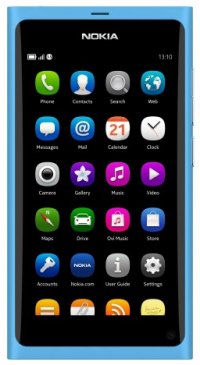Reinventing the Fortress: using Open Recognition to enhance ‘standards’ and ‘rigour’

Imagine a formidable fortress standing tall. Long the bastion of formal education, it’s built upon the pillars of ‘standards’ and ‘rigour’. It has provided structure and stability to the learning landscape. These days, it’s being reinforced with smaller building blocks (‘microcredentials’) but the shape and size of the fortress largely remains the same.
However, as the winds of change begin to blow, a new force emerges from the horizon: Open Recognition. Far from seeking to topple the fortress, this powerful idea aims to harmonise with its foundations, creating a more inclusive and adaptive stronghold for learning.
Open Recognition is a movement that values diverse learning experiences and self-directed pathways. So, at first, it may appear to be in direct opposition to the fortress’s rigidity. However, upon closer inspection, rather than seeking to tear down the walls of standards and rigour, Open Recognition seeks to expand and reimagine them. This ensures that the fortress is inclusive: remaining relevant and accessible to all learners.
To create harmony between these seemingly conflicting forces, it’s important to first acknowledge that the fortress of standards and rigour does have its merits. It provides a solid framework for education, ensuring consistency and quality across the board. However, this approach can also be limiting, imposing barriers that prevent many learners from fully realising their potential.
Open Recognition brings flexibility and personalisation to the fortress. By validating the skills and competencies acquired through non-formal and informal learning experiences, Open Recognition allows the fortress to accommodate different sizes and shape of ‘room’, allowing the unique talents and aspirations of each individual to flourish
The key to harmonising these two forces lies in recognising their complementary nature. Open Recognition strengthens the fortress by expanding its boundaries, while standards and rigour provide the structural integrity that ensures the quality and credibility of the learning experiences within.
Educators and employers, as the guardians of the fortress, play a crucial role in fostering this harmony. By embracing Open Recognition, they can cultivate a more inclusive and dynamic learning ecosystem that values and supports diverse pathways to success. In doing so, they not only uphold the principles of standards and rigour but also enrich the fortress with the wealth of experiences and perspectives that Open Recognition brings.
As the fortress of standards and rigour harmonises with Open Recognition, it becomes a thriving stronghold of lifelong learning, identity, and opportunity. Far from crumbling under the weight of change, the fortress is invigorated by the union of these two powerful forces, ensuring its continued relevance and resilience in an ever-evolving world.


 The Nokia Ovi store contains very few apps as Nokia has effectively abandoned the platform (although they are supporting it until 2015).
The Nokia Ovi store contains very few apps as Nokia has effectively abandoned the platform (although they are supporting it until 2015).

